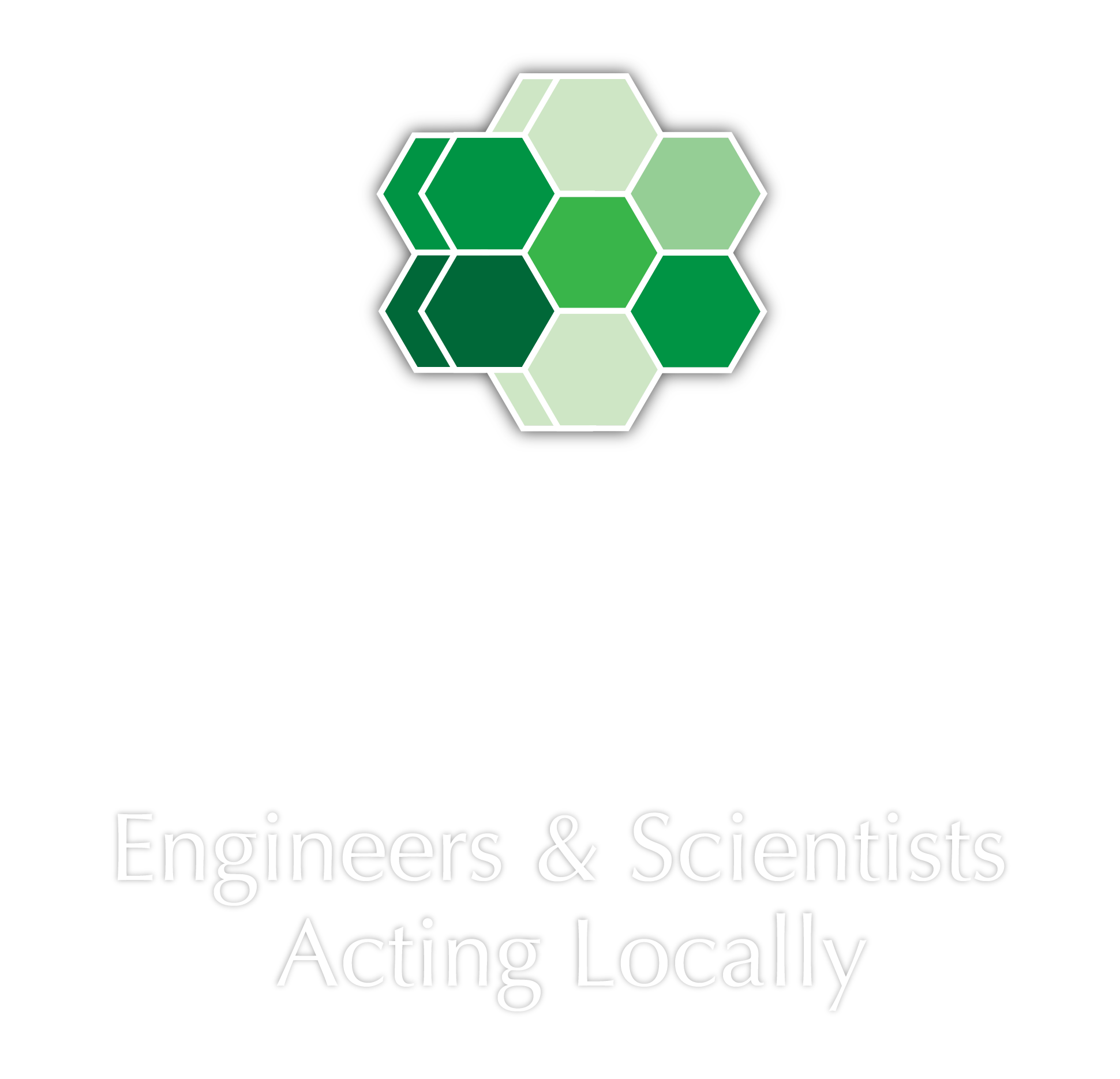ESAL spoke with senior policy manager at Public Health Advocates (PHA) Abigail Freshley about her experience navigating the aftermath of COVID-19 through the Emergency Resilience Project and how PHA has used those lessons to enact new policies that promote equitable care for all.


